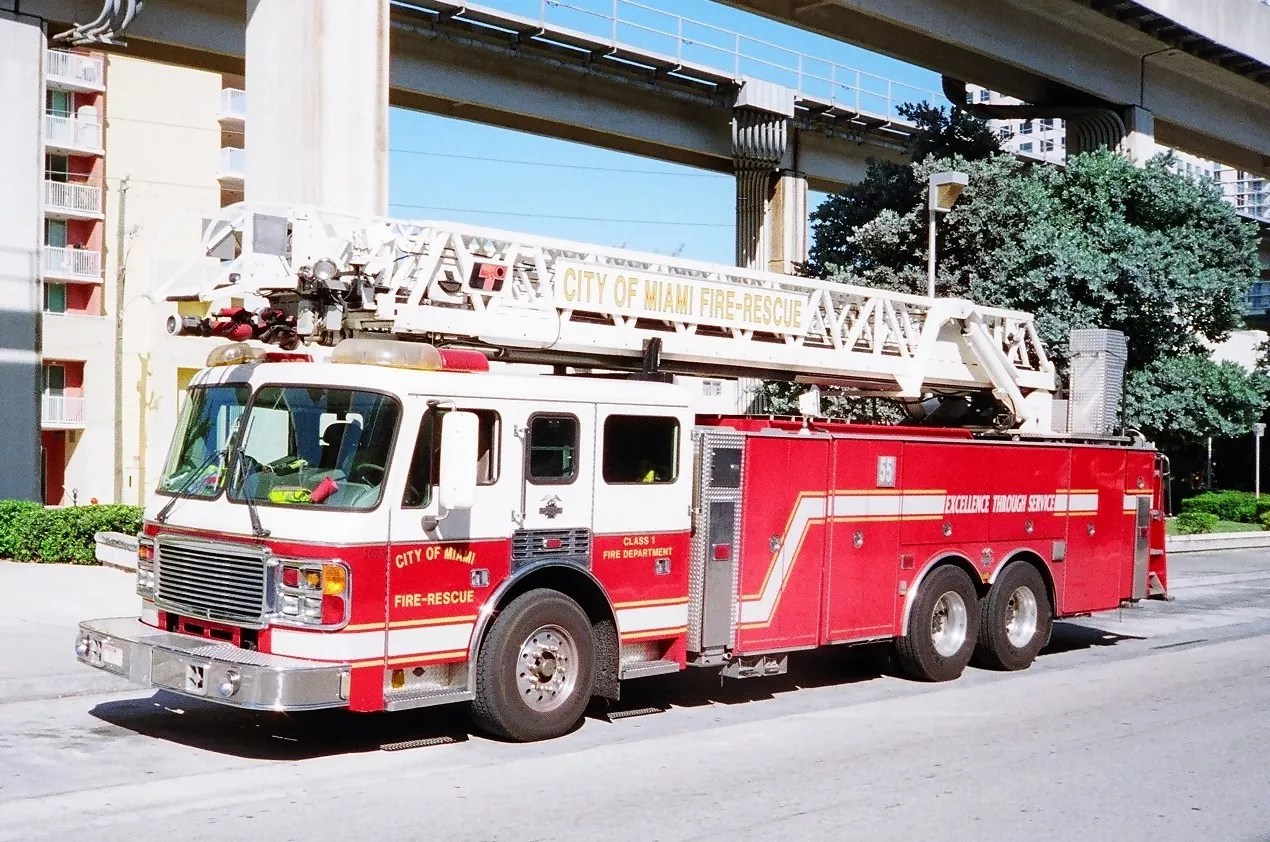

Audio By Carbonatix
“I can’t breathe, Mommy.”
The three words from her 2-year-old son sent Sloane Steel into a frantic rush to call an ambulance. It was late on a Saturday night in November, and Steel’s son, who was recovering from an ear infection, had suddenly come down with a fever after being put to bed. His throat was swelling fast. New parents, Steel and her husband tried not to panic as they dialed 911 for help.
“My baby can’t breathe,” she remembers telling the operator. “Please hurry.”
The operator said emergency dispatch would arrive shortly. The couple gathered their toddler and waited by the door. Five minutes of waiting turned into ten, and there was still no sign of an ambulance. Seventeen minutes after her first call, Steel – now in full panic mode – called 911 again, only to be greeted by an automated message. Furious, she hung up and then called back after waiting a minute. The same automated message played through her phone’s speaker.
Steel says she and her husband were getting into the car to drive their son to the hospital when a red truck finally pulled up to their driveway – a full 20 minutes after she had first called for help. The ambulance took the Steel family to the hospital that night. Thankfully, their son was OK. After a dose of “$1,000 Tylenol,” as Steel puts it, they were sent on their way. It wasn’t until after the episode that Steel began to think about the slow response from emergency responders. The next day, she tweeted her frustrations:
Yesterday I had to call 911 because my baby was having trouble breathing. It took an ambulance over 20 minutes to arrive. I called 911 and it went to voicemail TWICE. I live in Miami, 2 minutes from the closest fire department. This is NOT ok. pic.twitter.com/g7xBpI2Kzx
— Sloane Steel (@SloaneSteel) November 24, 2019
Steel and her family live in the historic Belle Meade neighborhood on Miami’s Upper Eastside, a residential area within two miles, or a six- to eight-minute drive, of three fire stations. Their proximity is what made Steel decide to wait for first responders rather than take off on their own.
“I’m sitting there thinking, Do we drive to the hospital ourselves? I kept waiting and waiting, thinking they’d show up any second. They’re right down the street from me,” Steel says. “I called back to see where the hell they were and whether it would be better to go myself. That’s when I got sent to voicemail.”
What Steel describes as voicemail is an automated message, played when all other call takers are busy. As it turns out, it’s actually not all that uncommon: Between 5 and 10 percent of all emergency calls that make it to fire-rescue are sent to a prerecorded message, according to Miami Fire Rescue Capt. Ignatius Carroll Jr.
According to Carroll, 911 calls first go to the Miami Police Department, which then routes the calls to fire-rescue. In the event a call isn’t picked up by either local police or the fire department, it’s forwarded to county offices.
“If a call comes in and a person hangs up instead of remaining on the line, we considered it an abandoned call,” Carroll says.
Steel’s follow-up calls were likely considered abandoned because she hung up before anyone could answer. According to Steel’s phone log, her second call lasted nearly 40 seconds and her third call just 12 seconds.
As for the 20-minute response time, emergency responders literally took a wrong turn. Carroll says they turned down NE 69th Street, right off Biscayne Boulevard, when they should have continued to NE 76th Street. The responders were forced to turn around and travel a few blocks north. The result was a response time more than double the city’s average of eight to ten minutes.
Remarkably, Miami fire-rescue trucks don’t have GPS systems. According to Carroll, first responders primarily rely on personal knowledge of the areas in which they work when navigating traffic. In a pinch, Carroll says, every rescue vehicle comes with an old-fashioned paper map.
Steel is relieved her son survived the episode and says she received a house call last week from the captain of the Miami Fire Rescue Department’s emergency medical services to apologize for the slow response. According to Steel, the captain informed her that the call center was tiny and that there weren’t many dispatchers working the night of her emergency.
“I’m not someone who causes a stink about this sort of thing, but I don’t want this to happen to anyone else,” Steel says. “If [my son] had had an allergic reaction or some other serious condition that night, he would’ve been dead.”